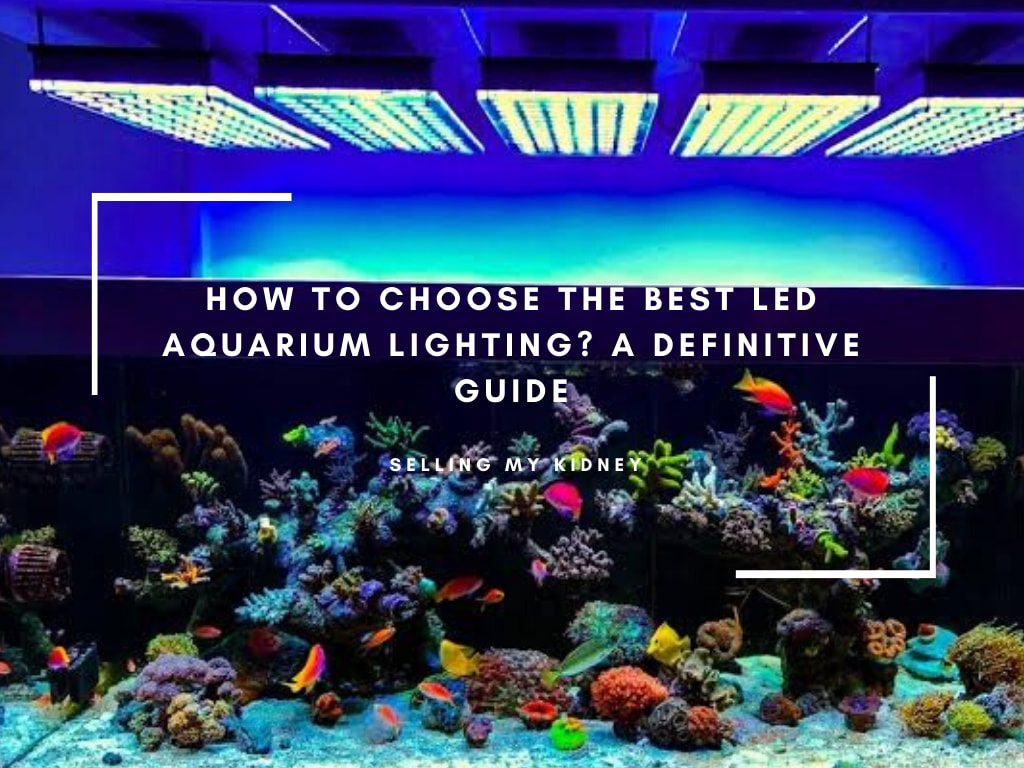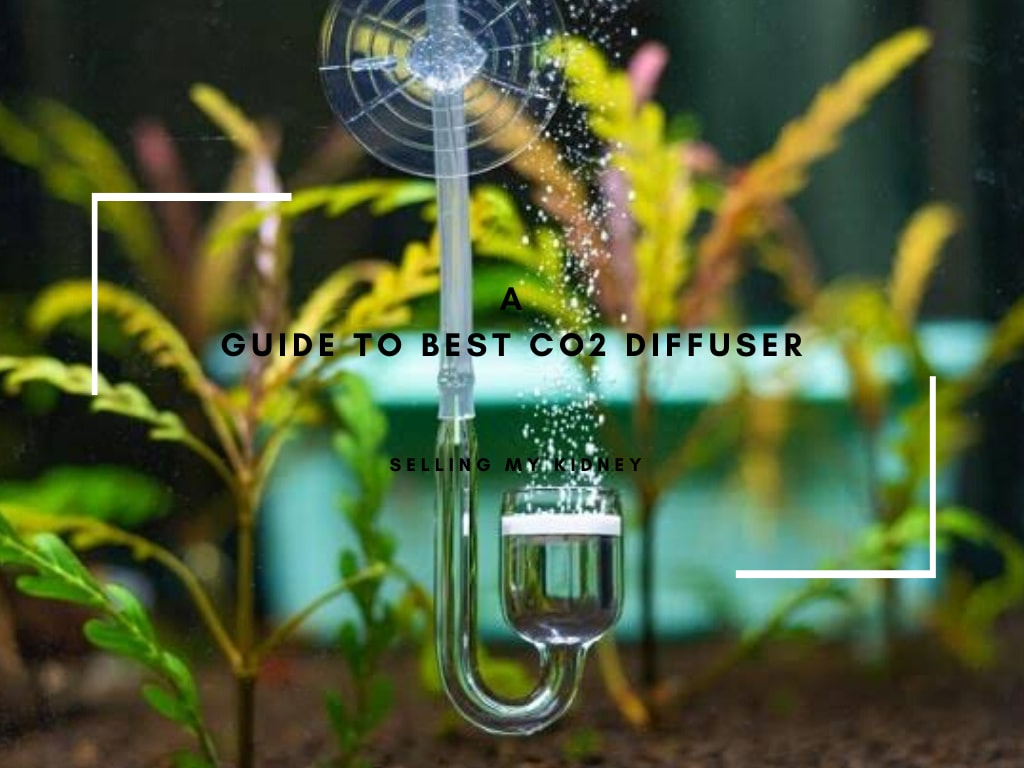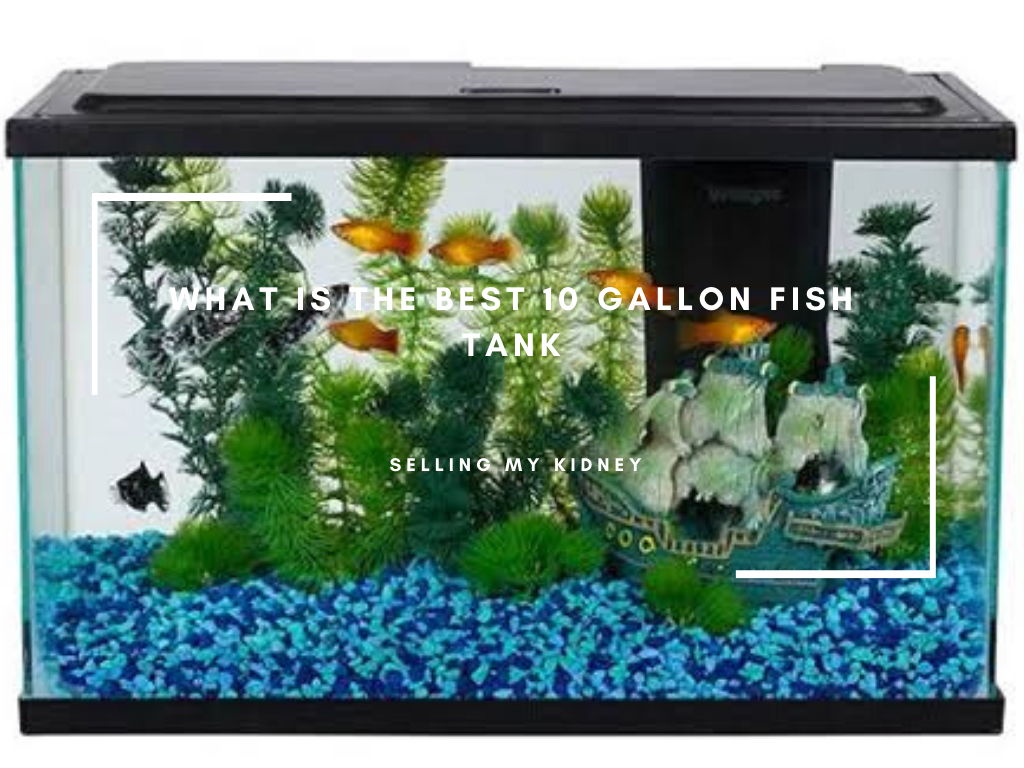A bigger aquarium filter is often better for your fish tank.
It can help keep the water clean and healthy, which in turn helps to ensure that your fish stay happy and healthy too!
A larger filter will also provide more water oxygenation, allowing beneficial bacteria to thrive. This means fewer toxins are present in the environment.
Additionally, a large filter allows you to add more decorations or plants without worrying about overcrowding. It’s easier for you and your aquatic friends!
Finally, frequent maintenance won’t be needed with a big enough filtration system, saving time and money.
All these benefits make investing in an appropriately sized aquarium filter worth considering if you want healthier living conditions for all inhabitants of your underwater world!
How Does Filter Size Affect Water Quality?
Filter size affects water quality in a variety of ways.
Smaller filters can remove particles such as dirt, rust, and other debris from the water.
Larger filters can capture more contaminants like bacteria, viruses, and parasites.
Here is how to filter size impacts different aspects of water quality:
- Taste and Odor – Larger particle sizes will reduce taste and odour issues by trapping chlorine molecules that cause bad tastes or smells.
- Sediment Removal – The smaller the filter pore size (measured in microns), the better it removes sediment from your drinking supply, including sand, silt, and clay. This could otherwise clog pipes or damage appliances if not removed properly.
- Chemical Contaminants – Bigger-sized filtration systems have a greater capacity for removing chemical pollutants like lead or arsenic because they contain multiple layers with varying porosity levels. So each layer captures different types/sizes of contaminant particles before passing through into a clean filtered output stream on its way out! This ensures maximum protection against harmful chemicals entering our bodies when we drink tap water contaminated with them due to industrial runoff pollution sources nearby us all too often, unfortunately.
- Bacteria and Viruses – A bigger filter system also efficiently captures microorganisms such as E Coli and Salmonella Typhimurium.
What Factors Determine The Right Size Filter For My Tank?
When it comes to choosing the right size filter for your tank, there are several factors that you need to consider.
- The type of fish and other aquatic life in your aquarium will determine what kind of filtration system best suits them. For example, an internal or external canister filter would be ideal if you have a freshwater community tank with small tropical fish. In contrast, a sump-style setup may be more suitable if you have larger predatory species, such as cichlids.
- Consider how much water volume needs filtering – this should include the main body of water and any additional features like caves or rockwork, which could contain debris and waste products from inhabitants.
- Think about whether mechanical (e.g., sponges), chemical (e.g., activated carbon), or biological media (live bacteria cultures) is required. Each one has its own advantages, depending on individual circumstances. So make sure these requirements are taken into consideration when selecting equipment!
- Don’t forget power consumption: some filters require higher wattage than others. So check before buying anything too powerful/inefficient for your purpose!
In summary:
- Type and number of occupants
- Volume needing filtered
- Media types
- Power Consumption
Are There Any Downsides To Using A Larger Filter?
Yes, there are some downsides to using a larger filter.
- It can be more expensive than smaller filters as they require bigger and better materials for construction.
- The filter size means that it takes up more space in your home or office which could cause clutter if you don’t have enough room available.
- Large filters, such as small cabinets or shelves, may not fit into certain spaces. This should also be considered when deciding what filter best suits your needs.
- Because these filters tend to trap much finer particles from air and water sources, they need regular maintenance to keep them working properly. Otherwise, their efficiency will decrease due to clogging with dirt and debris buildup inside their components. That can lead to health risks associated with poor indoor air quality (IAQ).
How Does Tank Size And Fish Population Impact Filter Size Selection?
Tank size and fish population have a direct impact on filter size selection.
A larger tank requires more filtration than smaller tanks, as it holds more water and has higher levels of waste produced by the inhabitants.
The number of fish in the aquarium also affects how much filtration is needed.
For example, suppose you keep many small schooling species, such as tetras or danios. In that case, they will produce less waste than one large cichlid.
Which produces significantly more Ammonia from its excretions.
When selecting an appropriate filter for your tank, several factors need to be taken into consideration:
- Tank Size – Larger tanks require bigger filters with greater flow rates so that all areas can receive adequate circulation
- Fish Population – More densely stocked aquaria should use stronger filters capable of handling increased amounts of debris/waste generated by their occupants.
- Filtration Media – Different types offer different benefits (e.g., mechanical media traps particles while biological media breaks down toxic compounds)
- Maintenance Frequency – How often do you plan to clean your filter? This will determine whether or not a powerful model is necessary since some may require frequent maintenance due to clogging up quickly when used heavily over time.
In conclusion, choosing the right-sized filter depends largely upon both tank size and fish population density.
This ensures proper oxygenation throughout all parts and efficient removal/breakdown of any pollutants present before they reach dangerous concentrations!
How Do I Know If My Current Filter Is The Right Size For My Tank?
To determine if your current filter is the right size for your tank, there are a few things to consider:
- Tank Size – The larger the tank, the more powerful and efficient filtration you will need;
- Flow Rate – Make sure that it can handle at least four times (4x) of water volume per hour;
- Filtration Media Capacity – Check how much media capacity does it have? Does this match the type of fish or aquatic life you plan to keep in your aquarium?
In addition to these factors, here are some other important points to keep in mind when selecting an appropriate filter for your tank:
- Look out for filters that come equipped with adjustable flow rates to adjust according to different needs. such as cleaning up debris from the substrate or providing oxygenation during peak hours;
- Consider buying multiple smaller-sized filters instead of one large unit. since having two separate units allows better circulation throughout all areas within the aquarium environment
- Make sure that whatever model/brand you choose has good customer reviews and ratings online before making purchase decisions!
In Summary: Is A Bigger Aquarium Filter Better?
In conclusion, a bigger aquarium filter can be beneficial in many ways.
It provides more efficient filtration and better water quality for your fish tank.
Additionally, larger filters can accommodate higher levels of waste which helps keep the environment clean and healthy for aquatic life.
Furthermore, they require less maintenance than smaller models as they have fewer parts to replace or repair over time.
Ultimately, whether you choose a big or small filter depends on the size of your tank. However, investing in a large one will provide greater benefits overall!

![Is A Bigger Aquarium Filter Better? [See Inside!] 1 William Rieder](https://animalfella.com/wp-content/uploads/2022/10/william-rieder-profile-photo.jpg)


